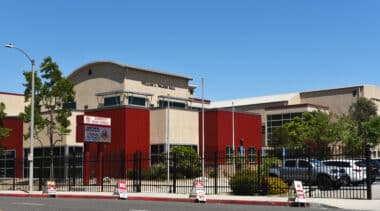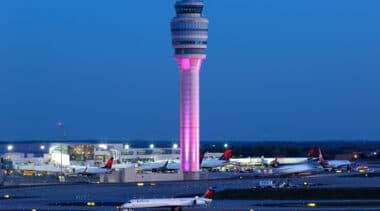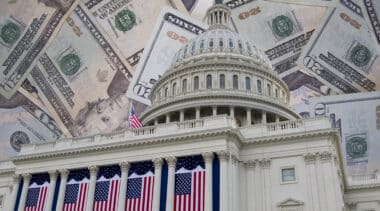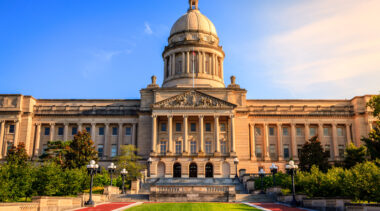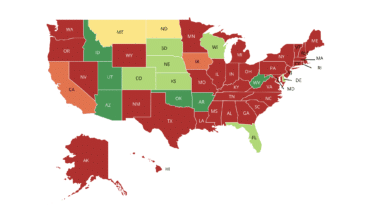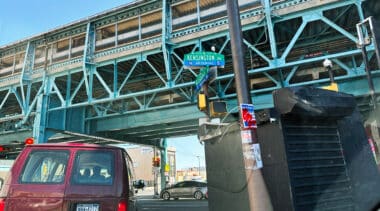Latest
-
Open enrollment is an important part of school choice for California
California’s current public school transfer laws are overly restrictive, complicated and in need of reform.
-
Sen. Ted Cruz proposes federal regulatory sandbox to encourage AI innovation, development
The SANDBOX Act would allow innovators to obtain temporary regulatory waivers for artificial intelligence technologies from federal agencies.
-
How Congress can spur the modernization of U.S. airports
Congress should enable airports to improve their performance and compete on a level playing field with airport public-private partnerships in Europe, Latin America, and Asia.
-
A look at the White House’s pro-innovation artificial intelligence ‘action plan’
The White House's AI action plan represents a clear policy direction favoring rapid innovation and reduced regulatory oversight.
-
Surface Transportation News: Funding state transportation projects when federal money runs out
Plus: How personal travel has changed post-pandemic, why U.S. taxpayers should not pay for Maryland's new bridge, and more.
-
Psychedelics Policy Newsletter: DEA considers rescheduling psilocybin, FDA releases rejection decision, and more
Plus: Reason Foundation testifies in Mississippi, author Joe Dolce talks about his new psychedelics book, and more.
-
State psychedelics legalization and policy roundup — October 2025
Kentucky debates clinical ibogaine trials, Mississippi considers ibogaine, Massachusetts bill would decriminalize psilocybin, and more.
-
Funding Education Opportunity: Grading and ranking every state’s open enrollment laws
Open enrollment policies are a vital part of improving students' options and outcomes.
-
Public schools without boundaries 2025: Ranking every state’s open enrollment laws
Study finds 16 states have statewide cross-district open enrollment and 17 states have statewide within-district open enrollment.
-
Restricting mobile health vans in Philadelphia will lead to more overdose deaths
Philadelphia's city government can address legitimate quality-of-life concerns in Kensington without constraining lifesaving services.
-
The Low-Income Housing Tax Credit does not address the root of America’s housing challenges
While the tax credit has maintained support since its inception, it is worth considering whether alternative policies would better address current housing needs.
-
The Army Corps of Engineers is failing to disburse port funding
Congress should allocate the funds that ports have planned for and were promised rather than allowing the Army Corps of Engineers to circumvent congressional intent.
-
Mamdani’s rent freeze: Politics, policy, and the fate of small property owners
If the goal is truly to help tenants, reforming the 2019 Housing Stability and Tenant Protection Act may be a more immediate, effective, and sustainable path.
-
Harm reduction: An evidence-based approach to the drug war
Harm reduction includes proven tools like naloxone distribution, syringe service programs, fentanyl test strip access, and supervised consumption sites.
-
First look at the Trump administration’s transportation regulatory agenda
The Spring 2025 edition marks the first Unified Agenda publication of the second Trump administration.
-
Consumer welfare was pivotal in the Google antitrust remedies decision
Judge Amit Mehta’s decision in the remedies phase of the Google search antitrust trial should be viewed with cautious optimism.
-
An evolving legal landscape for marijuana and firearms
Two recent federal court decisions signal a fundamental shift in how courts evaluate federal restrictions on firearm ownership by marijuana users.
-
Aviation Policy News: Cautions on a ‘brand new air traffic control system’
Questions and concerns about the viability of the Trump administration's air traffic control plan, the air traffic controller shortage, why the U.S. has avoided airport privatization, and more.
